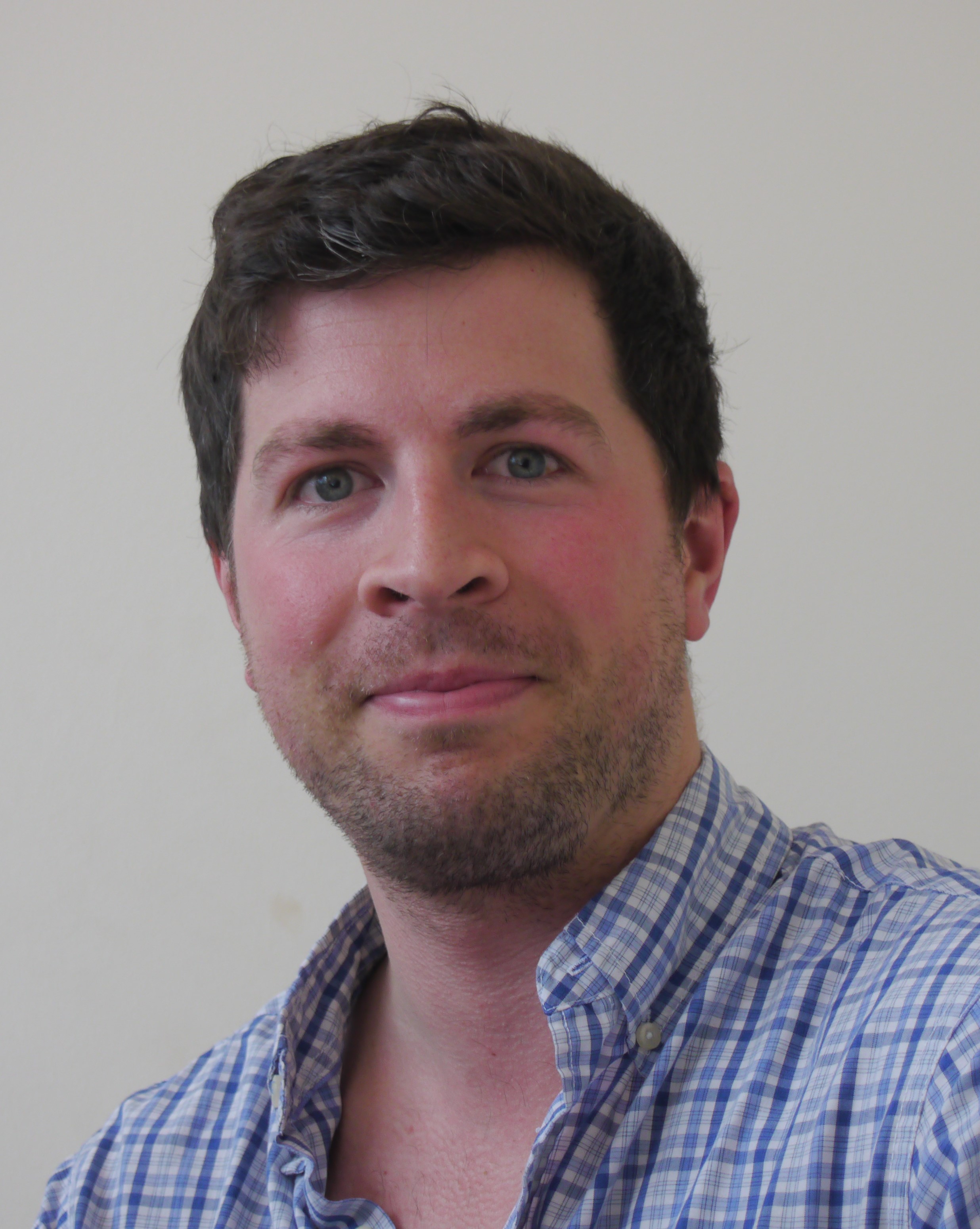Doug Gibson: Scaling up Housing First across Scotland
Doug Gibson has been involved in the adoption and scaling up of Housing First through his role as programme manager for the Housing First Pathfinder. As the approach extends across most council areas in Scotland from this week, he considers how it could help end large scale homelessness for good.

Doug Gibson
When I visited Finland in early 2020, I was struck by the confidence and pragmatism of this small nation, the only European country where homelessness is falling. It’s hardly surprising that the policy underpinning that success, Housing First, has more and more fans here in Scotland where the policy is well established, and also in the other GB nations and regions.
For decades the problem was viewed as intractable, a stubborn feature of metropolitan life in cities around the world, including those in the richest countries like ours. In attempting to resolve homelessness all manner of schemes and solution were broached and implemented, short of providing people with a home. The alternate approach of the Fins is simple. In 2007 they adopted Housing First as the anchor for a wider political vision to address the toughest experiences of homelessness as part of a rapid rehousing approach.
Finland‘s enviable record since can be actively attributed to their adoption of the Housing First model, a system pioneered in the USA that is evidence-based, compassionate and abandons notions of blame or deserving. There is now an overwhelming body of international evidence showing that, with close fidelity to the Housing First principles, most tenants are likely to stay housed – and feel benefits in many other ways too.
In Scotland’s Housing First Pathfinder, which operates across five areas, the approach has delivered 87% housing retention rates in the first two years of the programme. This statistic – up there with the best international comparisons – tees up a range of benefits for both individuals and society as we begin to mainstream the policy across the country in this, the third and final year of the Pathfinder.
It improves health outcomes and decreases contact with community justice, in turn reducing A&E admissions and improving the cost-effectiveness of service delivery. It is replacing chaos with support and temporary accommodation with permanent and there have been no evictions out of more than 450 tenancies created.
Many people who have taken up a tenancy through the programme have typically struggled in life, following adverse childhood experiences, negotiating multiple challenges and obstacles along the way such as trauma, addiction, poor mental health or physical disability and other forms of severe multiple disadvantage.
Estimates suggest that more than 800,000 adults in Scotland have experienced all three of the indicators of severe multiple disadvantage: homelessness, substance dependency and offending. Homelessness is the most common of these when viewed over an adult’s lifetime and a study for the Scottish Government in 2018 states that at least 8% of the Scottish population had experienced homelessness at some point in their lives. When you consider this percentage also represents the entire population of Scotland within the UK, it is clear why the issue matters to us all.
If finding answers to society’s toughest problems is the prize then Housing First is an attractive, integrated solution. In recent years in Scotland, more so since the pandemic began, resolving homelessness has resulted in regular co-operation and an acknowledgment that solving this problem is not impossible, but will take time. We must trust the evidence that says if we stay the course Scotland could be the other country in Europe where homelessness is falling.







